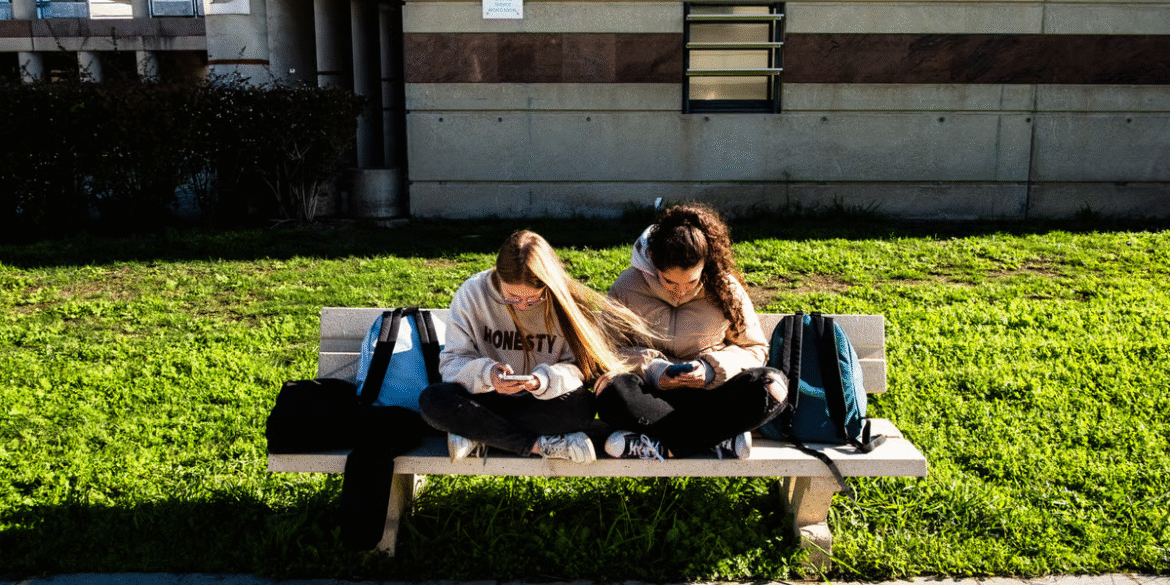Lawmakers Respond to Growing Concerns
A French parliamentary commission has proposed strict new measures on social media use among minors, recommending a full ban for children under 15 and a “digital curfew” for teens aged 15 to 18. The commission, established in March 2024, investigated the psychological effects of platforms such as TikTok after families accused the app of exposing children to harmful content.
Lawmaker Laure Miller, rapporteur for the commission, emphasized that the move would send “a clear signal” to families that social media is not harmless for young adolescents. The recommendations are part of a broader effort to protect minors from the risks of addiction, cyberbullying, and exposure to dangerous online trends.
Testimonies from Families and Experts
The commission heard from grieving families, including parents whose children had taken their own lives after consuming harmful content online. One mother, Geraldine, spoke about her 18-year-old daughter Penelope, who posted self-harm videos on TikTok before her death. She argued that platforms must do more to curb harmful content.
Social media executives, influencers, and experts also provided input, but lawmakers concluded that current moderation efforts remain inadequate. TikTok claimed it removes more than 95 percent of harmful content within 24 hours, but legislators found that its algorithms still amplify damaging material.
Digital Curfew for Teenagers
In addition to banning under-15s, the commission proposed a digital curfew for those between 15 and 18 years old, making social media inaccessible between 10:00 pm and 8:00 am. The idea is to reduce nighttime screen use, which research has linked to poor mental health and sleep disruption among teens.
If platforms fail to comply with EU digital safety laws within three years, lawmakers suggest extending the ban to everyone under 18. The commission also recommended creating a “digital negligence offense” for parents who fail to regulate their children’s online use, alongside an information campaign highlighting the risks of excessive screen time.
A European Debate on Children and Technology
France is not alone in addressing these concerns. Several EU countries, including Spain and Greece, have pushed for stricter regulations on minors’ online activity. Globally, Australia is already drafting legislation to prohibit under-16s from using social platforms.
With the European Commission issuing new guidelines, lawmakers believe age verification systems may soon become standard. However, concerns remain about technical feasibility and potential restrictions on personal freedoms.
What Comes Next
President Emmanuel Macron’s office has expressed interest in backing stricter regulations. Whether France adopts a full ban or a phased approach, the debate reflects a growing international consensus: governments must balance digital innovation with the urgent need to protect children and adolescents online.

